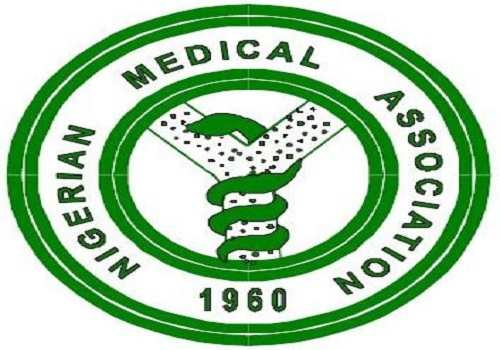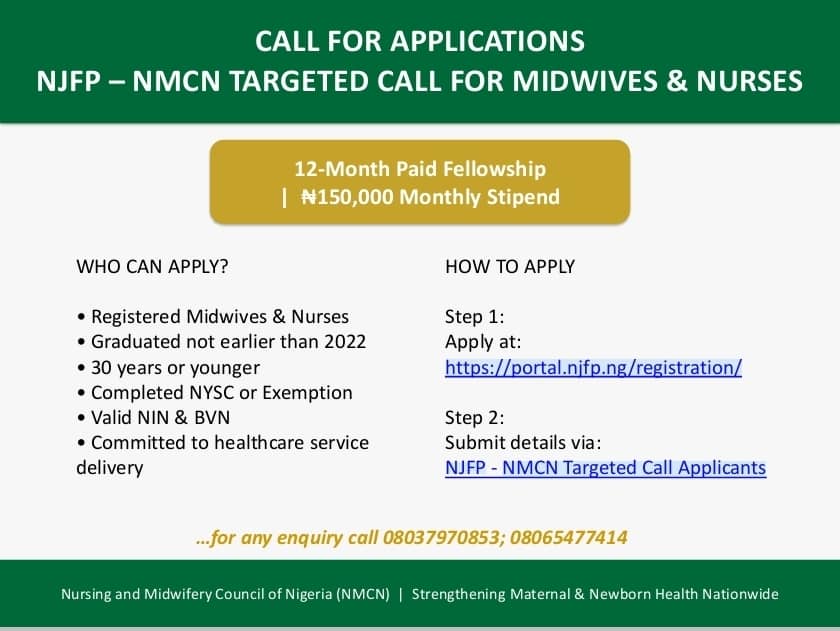As Nigeria ramps up COVID-19 testing, medical professionals have faulted the government’s privatisation of COVID-19 testing describing it as an act of ‘shifting responsibility to the citizens.” ADVERTISING In separate chats with Good Health Weekly, the experts advised the Presidential Taskforce, PTF on COVID-19, to forget its planned “precision lockdown” in 18 Local Government Areas, LGAs, as it is not achievable. Just last week, the Lagos state government accredited seven laboratories for COVID-19 testing, setting off fears among Nigerians that the move could escalate the cost of testing while some are demanding that the government should pay for the cost even in the private facilities.
Reacting to the development, the President of the Nigeria Medical Association, Prof Innocent Ujah, faulted the idea of people paying for tests. “I don’t think the testing has been privatised. What they have done is to look at the accredited labs in the private sector that can do the tests but not in government facilities. “You can see that they are already overwhelmed by the number of cases. Also, they need to review the turnaround time of tests to plan and treat as appropriate. It was necessary to get more laboratories and these laboratories can be found in the private sector.”
According to Ujah rather than ask people to pay, the government should offer support. “Even if the people will pay, they should pay minimally. I saw on national television that those who have no symptoms, that is, those who are asymptomatic should pay between N30,000 and N40,000. I think that is a little on the high side. What the government can do is to support these private facilities and probably have a minimal service charge.
“In that case, many more people will be tested, people will know their status, people can afford to test because what happened is that the public facilities are overwhelmed and the waiting time is too long. And once the waiting time is long for those who have the disease the treatment outcome will be very poor.” Ujah who argued that the objective should be to ensure that many more people are tested said the turnaround time should be reduced. “At the time of this emergency what the government needs to do is accredit and support labs.
They should bear the cost of the testing. What they should do first is to accredit the labs to make sure that whatever that is coming from there will be authentic. Because the private sector will not give it free they should pay the private laboratory for these services. I think that is the way it should go at this time ” he avowed. In his view, “When it becomes routine, if you wish to you can go to any hospital and do your test. And that is left for people to go where they can afford it. Some people just want to know their status; such people in the private sector should pay. If the government accredits the private sector they should supply the kits. We are really facing a very harsh economic climate occasioned by COVID-19, therefore to subject people to pay is a further economic crisis.
In his own submission, the immediate past Chairman of the Lagos State branch of the NMA, Dr Saliu Oseni said privatisation of COVID-19 tests was counterproductive and warned that without the government picking the bills to be incurred by citizens in the various private laboratories, the government would have succeeded in shifting its responsibility the people. “How will Nigerians who cannot afford to feed be expected to pay for tests,” he queried even as he expressed worry that privatisation may double the cost for COVID-19 tests in the country. “Some hospitals may demand COVID test before attending to patients and by the time public facilities may begin to experience a shortage of reagents, then, you will find out that the COVID test will now be twice the cost of the treatment a patient was seeking. “We have told them that even if you are going to privatise the treatment of COVID uses our resources to be able to keep us alive that is the standard in pandemics like this.
“If the government is going to shift its responsibility back to the public, that is not good enough. I think treatment, testing, and everything about COVID should remain the same for a certain period because there are still some means of transmission that we don’t know and understand yet. “We have seen people who were using sanitisers, face mask, etc still they were infected. Many health workers have been infected in Lagos and we are lucky that we are not having so many deaths.” He said the proposed lockdown in 18 LGAs was unachievable.
“It is almost impossible to restrict people living and working in the same state to move from one local government to another. It is difficult to stop people from going to work in some of those areas. If there should be a lockdown, it should be the whole of the state.” Faulting the number of positive cases and persons in isolation released daily by the Nigerian Centre for Disease Control, NCDC, Oseni said they were not reliable. “I feel the results from NCDC are not completely reliable except for the death rate because the tests are not being done at the appropriate time. The rise you are seeing now are samples that have been collected over a week ago.
“Those test results and positivity can only be reliable when you can get the results within 48 hours. Many people are not tested, results are coming out too late and they are not reflective of the week which they are collected. I have some people that did not have their results until after two months. And yet we say this is the number for tests that were done this week.” On whether Nigerians should expect more cases with the relaxation of restrictions, he said all the in place before were not completely 100 percent watertight. “Even now that PTF is easing restrictions; there won’t be any difference except that the interstate travels will now spread it more to other parts of the country.” A Public Health Physician, Dr. Dupe Adeyinka who noted that in Lagos Eti-Osa, Alimosho, Kosefe, and Ikeja LGAs contribute the largest number of confirmed cases in Lagos blamed the sharp rise on lack of enforcement of the NCDC’s guidelines across the state.
“The lockdown in selected LGAs is not achievable if you shut down one local government people will still move around. How long are you going to shut down one local government and test them? If there’s going to be any lockdown it has to be all-encompassing so that the Adeyinka said the number of cases recorded so far was a tip of the iceberg as positive cases circulating in the community may be higher than the figures released by NCDC. “When you look at the cases for the whole of Nigeria, an estimated population of 200 million and we have just been able to test approximately 142,000 samples.
“This means we have not tested up to one percent of the population.” She further called for precautions in order to contain the spread of the virus faster.” The Presidential Task Force, PTF had a week ago considered what it described as “precision lockdown” in 18 Local Government Areas, LGAs considered accounting for 60 percent of confirmed COVID-19 cases as at 29th May 2020. About 11 of the local governments were in Lagos State. They were Lagos mainland with a total of 363 as of 26th of June, Mushin – 318, Eti-Osa, 1,515, Alimosho -663, Kosofe- 650, Ikeja – 620, Oshodi/Isolo – 496, Apapa- 210, Amuwo Odofin- 255, Lagos Island-195 and Surulere, all the figures were as of June 26th, 2020. Others that were listed include Abuja Municipal, Tarauni (Kano), Nassarawa (Kano), Katsina, Maiduguri (Borno), Dutse (Jigawa), Oredo (Edo), Bauchi and Ado Odo/Ota (Ogun).
Source: Vanguard





